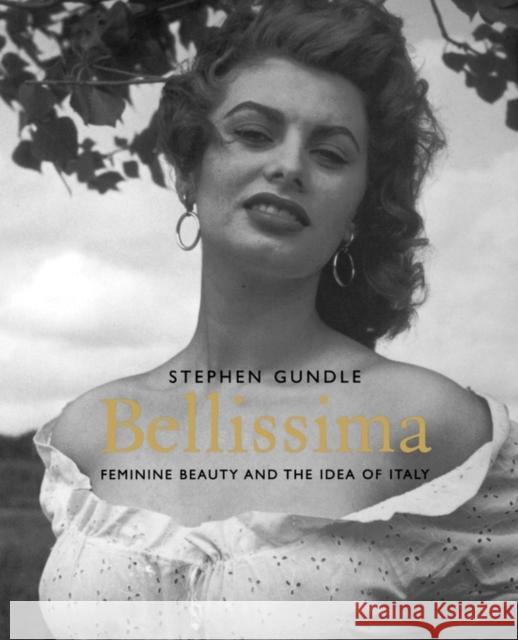Bellissima: Feminine Beauty and the Idea of Italy » książka
Bellissima: Feminine Beauty and the Idea of Italy
ISBN-13: 9780300176803 / Angielski / Miękka / 2007 / 288 str.
Feminine beauty has been more discussed, appreciated, represented in art and associated with national, cultural identity in Italy than in any other country. From the time of Dante and Petrarch, ideals of beauty have informed the works of artists, including Botticelli, Leonardo and Titian. The modern connection between the country and beauty dates from the Grand Tour. In the early nineteenth century, the Romantics developed the stereotype of the dark, passionate, natural woman, which was subsequently appropriated as a symbol by Italian nationalists. Over the following century and a half, Radicals, monarchists, Catholics, Fascists, Communists and others all championed specific ideas about female beauty, seeking to use them to condition the national culture. This intriguing study investigates the debates and conflicts the issue provoked. Gundle examines the role of peasant beauty in symbolising the failed hopes of the Risorgimento, and the annexation of this by the establishment in the late nineteenth century; Fascism's failure to mould the ideal modern Italian woman; the politicization of beauty pageants after the Second World War; the symbolic role of film and television stars; and the controversy over the election of the first non-white Miss Italy in 1996. Although the public discussion of feminine beauty was largely a male affair, the women who were caught up in it, and who were seen, on account of their beauty, to embody the nation, were never passive objects. Indeed, they often used or manipulated the tradition of beauty for their own ends. This book explores these issues through the careers and public images of numerous prominent women including Queen Margherita of Savoy, the opera singer Lina Cavalieri, and the film stars Gina Lollobrigida, Sophia Loren, Claudia Cardinale and Monica Bellucci. Stephen Gundle is Professor of Film and Television Studies at Warwick University. He is the author of 'Between Hollywood and Moscow: The Italian Communists and the Challenge of Mass Culture, 1943-91' and co-author of 'The Glamour System' and 'Mass Culture and Italian Society from Fascism to the Cold War'.











